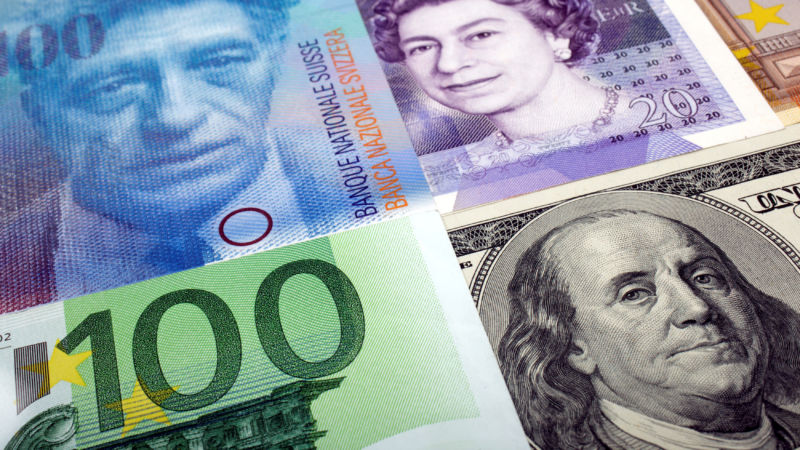Background
Early this year, the European Parliament’s Committee on International Trade organized a workshop titled “Anti-corruption Provisions in EU Free Trade and Investment Agreements: Delivering on Clean Trade”. It took several months to complete the documents, which included opinions represented by the authors. It is these viewpoints that are greatly influencing not only upcoming Free Trade Agreements (FTA) of the EU, but also many trade blocs are drafting these terms into their regional mega FTAs.
International trade agreements play important roles in the world’s economic development through the removal of tariff barriers, and by creating a fairer business environment for participating countries. Nevertheless, economies that have set-up programs that provide privileged status are substantially impacted at the risk of corruption.
It is also a result of this committees’ work that corruption has been identified as a major impediment to free trade and investment. Anti-corruption initiatives have been prevalent in the last two decades in all things related to globalization and supply chain policies. This was noted in the now defunct Transatlantic Trade and Investment Partnership (TTIP) where it was first seriously mentioned that anti-corruption needed to be an area of focus in the early stages of negotiations. From this agreement, the first set of standards for anti-corruption provisions in international trade and investment agreements were defined.
Historically, the lack of attention paid to corruption issues stems from the fact that negotiations are complex, not always transparent, and tends to take years to conclude. The TTIP was meant to be an agreement between the U.S. and 28 nations of the EU. This agreement was expected to provide a new foundation in scope with a focus on removing corruption in trade.
EU and Anti-corruption
The EU has been intensifying its fight against corruption with trade agreements dedicating chapters to beef up provisions and the electronic handling of public tenders and customs procedures. These were added in the EU – Mexico Global Agreement and the EU Chile Association Agreement Upgrade. Ongoing talks between the EU and Mexico includes an obligation to sign up to the 2003 United Nations Convention against Corruption. The EU is also promoting anti-corruption and bribery provisions at a global level to all companies doing business in the region, making anti-corruption a far less contested issue in their trade negotiations.
Examples of the WTO and Anti-corruption
Bali: Under a 2013 Trade Facilitation Agreement signed in Bali, Indonesia required all of the WTO’s 160 members to make a commitment to reducing red tape and corruption at ports of entry and customs agencies. This was a great stride in reducing some major concerns firms had when trading internationally.
Australia: Australia is a participant in 10 FTAs and in ongoing negotiations of comprehensive economic cooperation and partnership agreements. Australia has included anti-corruption provisions in their agreements and has criminalized the act of bribing Australian officials, companies, persons, foreign public officials, false dealings with accounting documents and private bribery.
CPTPP: The Comprehensive and Progressive for Trans-Pacific Partnership (CPTTP) issued a chapter to promote transparency and eliminate corruption. Member states were to ratify or accede to the United States Convention against Corruption. Measures to combat corruption were plainly set for member countries to adopt the prevention of corruption. The CPTTP also placed focus on promoting integrity among public officials and enforcement of anti-corruption laws.
Before walking away, from the TPP (Trans Pacific Partnership Agreement), the U.S. had set objectives for participating countries and to secure a commitment to promote greater transparency, participation and accountability in the development of regulations, administrative rulings of general application and other procedures that affect trade and investment.
Conclusion
FTAs of recent require trading partners to criminalize both “active bribery” (offering a bribe to a public official) and “passive bribery” (the solicitation of a briber by a domestic official). Trade and investment agreements between countries have increasingly ventured beyond the traditional technical issues to touch upon such matters as labor conditions, environment safeguards and corruption. This mind-set and activities goes beyond governments, as companies have also begun to build a legal framework against international corruption and transnational bribery.
In a nutshell, corruption has historically impacted the movement of goods in countries where officials expect payment to clear shipments, or importers have adjusted the information to clear their goods faster and cheaper. Global anti-corruption awareness is important and necessary. While many countries are fighting for better transparency, this issue will continue to become a speaking point for all FTAs.
http://borderlex.eu/ftas-how-the-eu-is-approaching-the-fight-against-corruption/
http://www.europarl.europa.eu/RegData/etudes/STUD/2018/
603867/EXPO_STU(2018)603867_EN.pdf
Added:
https://chicagounbound.uchicago.edu/cgi/
viewcontent.cgi?article=1051&context=cjil
http://digitalcommons.law.yale.edu/cgi/
viewcontent.cgi?article=5954&context=fss_papers






